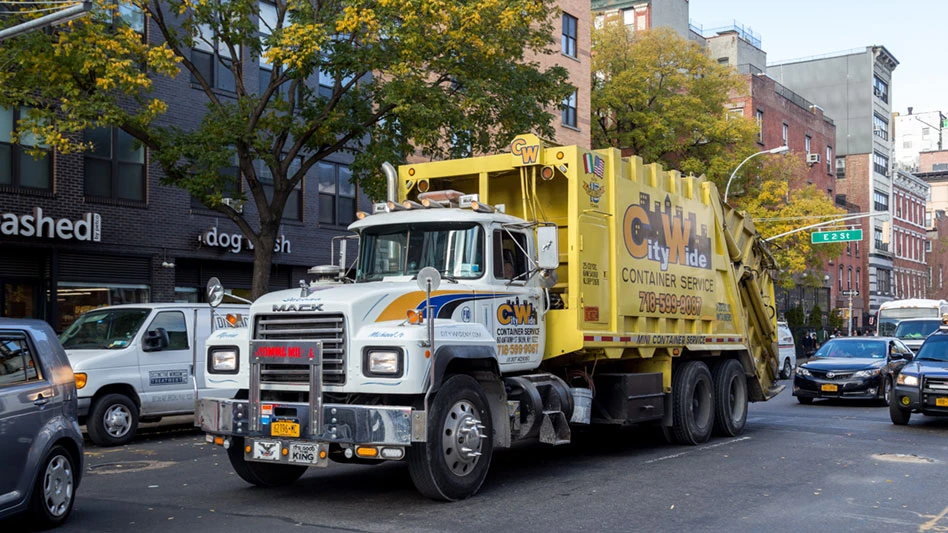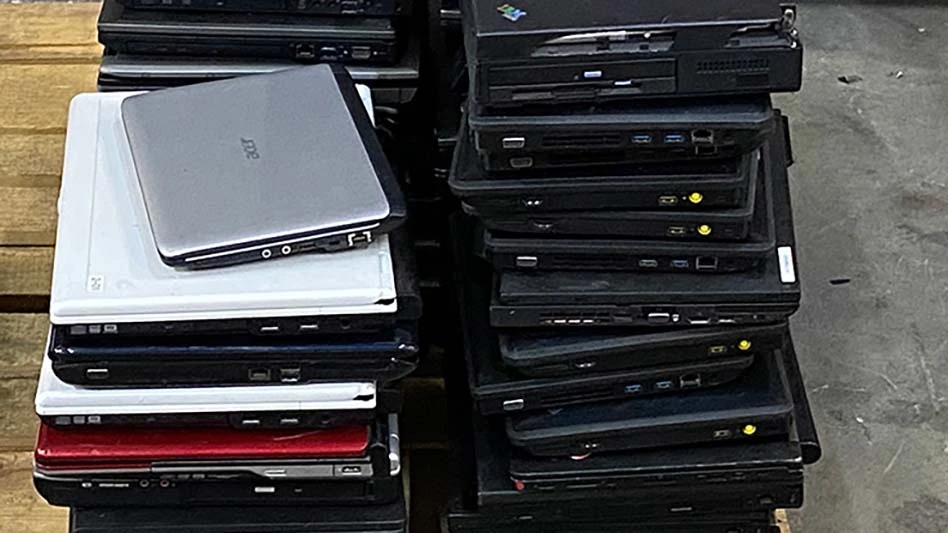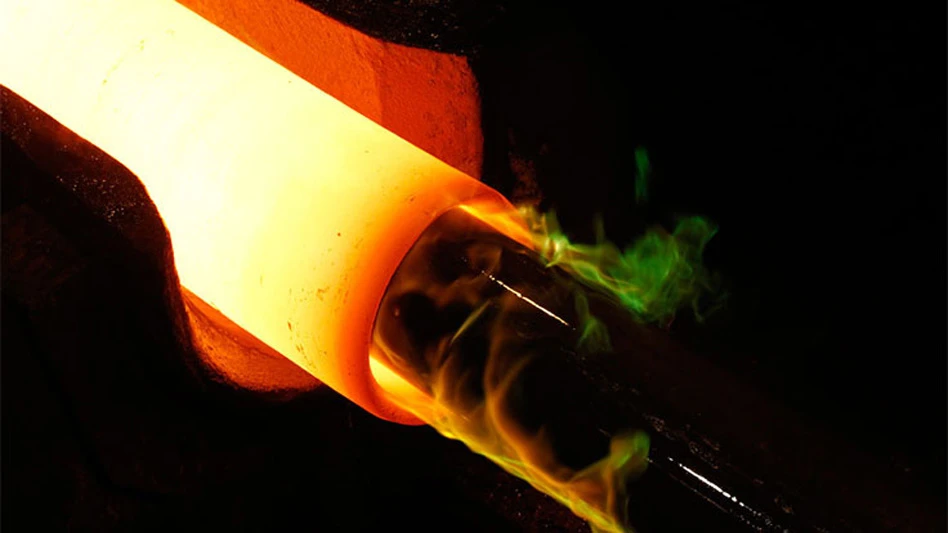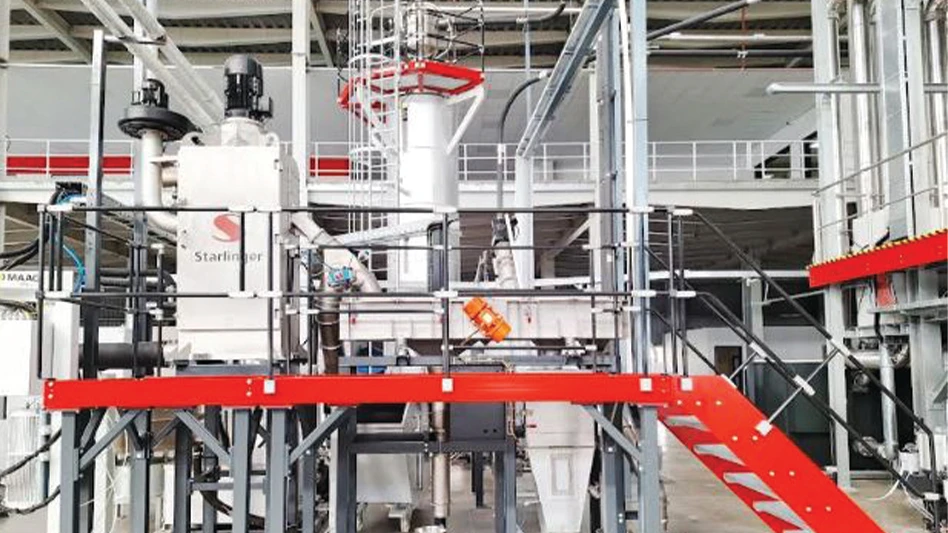In a nationally coordinated action, groups across the U.S. have released the 3rd Annual Computer Report Card and launched the Computer TakeBack Campaign. The Computer Report Card provides consumers, local governments, and activists with a tool to measure electronics equipment and the environmental performance of companies that produce computers.
The Computer Report Card reveals that U.S. companies lag further behind their overseas competitors in clean production, health-related issues and producing environmentally superior products.
In response to growing environmental threat, dozens of organizations across the country have formed the Computer TakeBack Campaign to promote producer responsibility and clean production in the personal computer and consumer electronics industry. The Campaign provides a forum for consumers and local governments to voice their concern for an appropriate, effective solution to the electronics waste issue.
"Many companies in countries throughout Europe and Asia are implementing extended producer responsibility programs in response to government regulations," said David Wood of the Grassroots Recycling Network and organizing director of the Computer TakeBack Campaign. "Having producers assume responsibility for their products requires them to internalize costs they now pass on to taxpayers and local governments. Producer take back requirements also create a powerful incentive to reduce such costs by designing products that are cleaner and safer, more durable and reusable, and easier to disassemble and recycle.”
The Campaign’s Report Card reveals several double standards. Over the past year, several environmental and health initiatives with important impacts on the high-tech sector have come forth in Europe and Japan. In contrast, there have been no major initiatives in the U.S.
The Computer Report Card results indicate that companies maintain disparate practices by meeting higher standards outside of the U.S.
Since 1989, IBM has offered product take-back programs in certain European countries free of charge where required by law. By contrast, IBM announced a U.S. take-back effort earlier this year, but charges $29.99 per unit.
Apple Computer of Germany provides a take-back program where customers can return electronic appliances at no charge due to legislative requirements, but offer no such program to U.S. consumers.
Sony Electronics and other partners unveiled a limited 5-year program in October 2000 to collect and recycle electronics from residential customers in certain parts of the United States. On the other hand, the same company has a full-scale take-back program for computer monitors in Germany.
Finally, the European Parliament and Japan have voted to phase out the use of some of the most hazardous substances in the electronics industry. As a result, some Japanese companies offer lead- free products or products without brominated flame-retardants. U.S. companies are lagging well behind.
"Companies in Europe and Asia are detoxifying their products and taking them back," said Michael Bender of the Mercury Policy Project. "The Campaign urges U.S. companies to plug into Extended Producer Responsibility."
The Computer TakeBack Campaign addresses the need to implement responsible electronic recycling and management programs--and to have producers accept that responsibility.
The Computer TakeBack Campaign's aims are fostering an ethic of producer responsibility, clean production, pollution prevention and waste avoidance through a hierarchy of practices, including source reduction, reuse, re-manufacturing and recycling.
For more information on the Computer Report Card, the Campaign Platform and its participants, go to www.svtc.org or www.grrn.org.
Latest from Recycling Today
- Alton Steel to cease operations
- Nucor finishes 2025 with 14 percent earnings decline
- Algoma to supply Korean shipbuilder
- Improving fleet maintenance management across multiple locations
- Aimplas project transforms recycled nylon fishing nets
- New Ineos Recycl-In product made with 70 percent recycled content
- Steel Dynamics reports 2025 financial results
- Century Aluminum, EGA partner on new primary aluminum smelter





